The "shock" from President Donald Trump's new policies will quickly have a strong impact on the economy, as well as global geopolitics . And the truth is that China is facing many challenges in its domestic economic development goals.
In an interview with the South China Morning Post , Professor Zheng Yongnian (*), a leading expert on Chinese political economy and an advisor to the Chinese government, analyzed major changes in the international situation, the impact of the MAGA (Make America Great Again) movement, and President Donald Trump's economic policies on Beijing. Notably, these arguments were partly mentioned in the 2025 Two Sessions, which took place from March 4-10.
Changes in internal political ideology
According to Professor Trinh Vinh Nien, in this context, we cannot ignore the contributions of private enterprises and the need to create an open environment and reduce regulations for this sector.
Therefore, Professor Trinh Vinh Nien believes that China should learn from the US in relaxing regulations for businesses, while providing space for private businesses to develop. He also pointed out that currently, China still has too many restrictive regulations in areas such as high technology, biopharmaceuticals, artificial intelligence (AI) and the internet, while the US is going in the opposite direction.
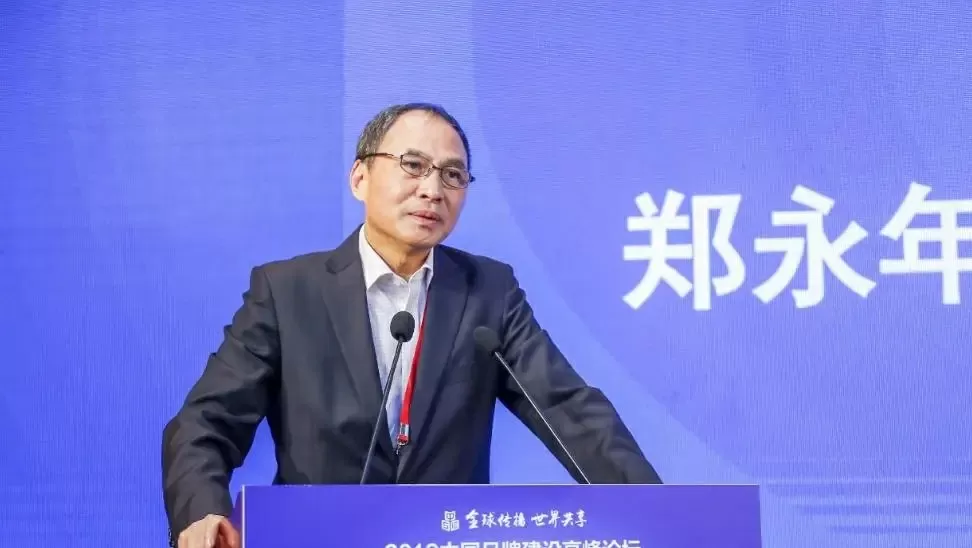 |
| Professor Zheng Yongnian is a leading expert on Chinese political economy and an advisor to the country's government . (Source: Baidu) |
If the constraints on local governments are not loosened but continue to tighten, building a responsible management system will become difficult. This is also the reason why Professor Trinh Vinh Nien expressed his agreement with the reforms proposed by billionaire Elon Musk, although many ideas have not been accepted by the American elite because they affect their interests. Above all, President Donald Trump has proceeded to streamline the administrative apparatus, which he calls the “deep state” – “a system accused of corruption but still wearing the name of democracy and freedom”.
“The competition between China and the US is essentially a race for governance efficiency, and in this respect, billionaire Elon Musk is right to emphasize the role of reform. We should not underestimate the changes he is promoting,” the professor said.
When asked how China could better prepare for the “shock” from President Trump’s new policy, Professor Trinh Vinh Nien affirmed that the country “needs to be calm and patient”. If Mr. Trump imposes a 60% tariff on Chinese goods, the US economy will also suffer significant damage due to high inflation, while the re-industrialization process is not enough to replace the supply from the country of a billion people. According to him, China can react in a “Tai Chi” style: Instead of responding immediately, it needs to observe and assess the situation.
At the same time, Beijing should also consider the possibility of reaching a deal with President Donald Trump, as MAGA remains a top priority for the White House owner. Therefore, Chinese companies can consider expanding their supply and industrial chains to cover the US, EU and Southeast Asian markets by establishing factories there, instead of focusing only on exporting products.
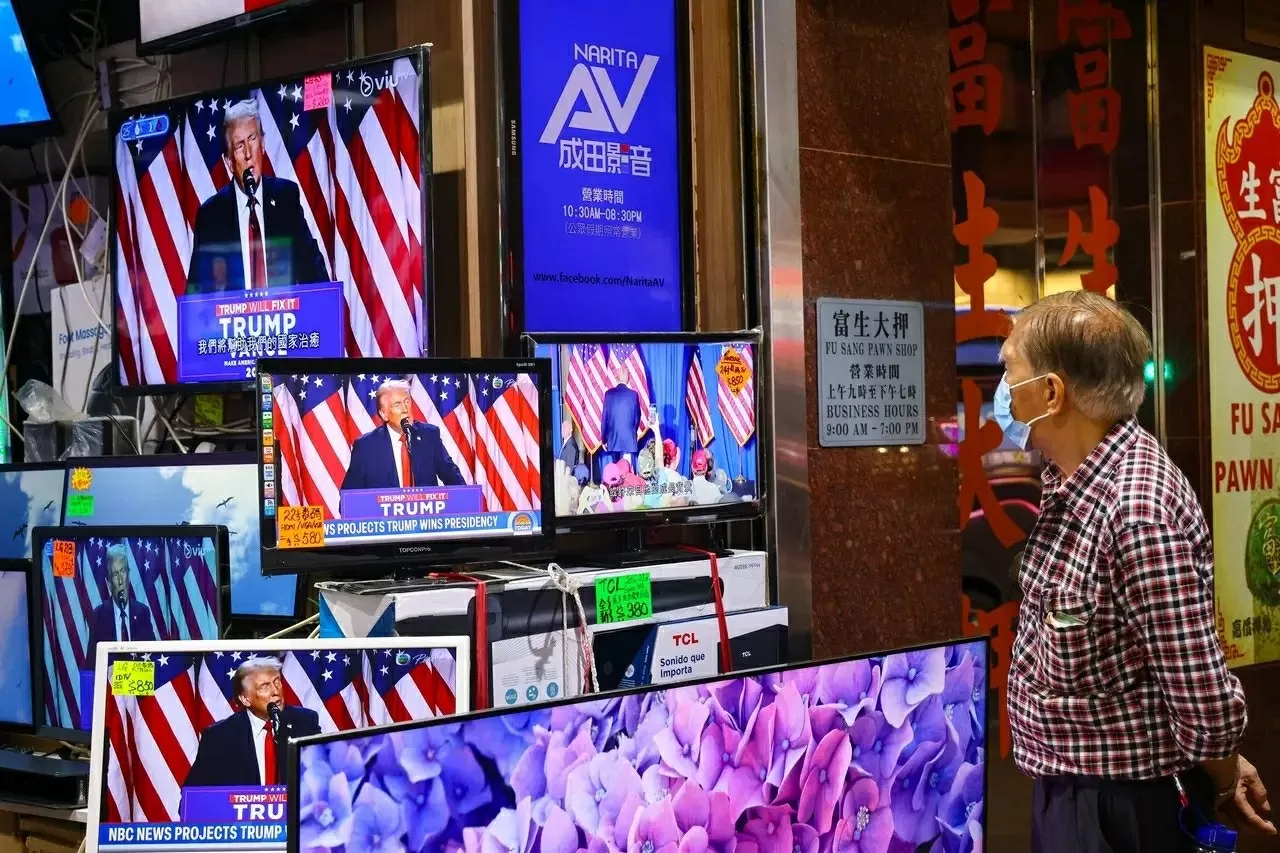 |
| Professor Trinh Vinh Nien believes that China should learn from the US in loosening regulations for businesses, while providing private enterprises with space to develop. (Source: SCMP) |
New tactics in great power competition
Professor Trinh Vinh Nien said that if for Mr. Biden, the US-China relationship is an ideological game, then under President Trump, the "love affair" between these two giants can be compared to the USD compared to the Yuan. Therefore, to make a deal with the US leader, China needs to fix the exchange rate to bargain. Because for Mr. Trump, everything is a means, everything can be converted into money.
In this context, Beijing will need to look inside the US, observe the President’s moves and apply the “Tai Chi” tactic. Instead of reacting immediately when the opponent throws a punch, China should observe first.
According to Professor Trinh, any region that is the center of the world economy has become a hotbed of geopolitical disputes. During President Donald Trump’s first term, there were media reports that former Secretary of State Henry Kissinger proposed that the US align with Russia to counterbalance China. And the consistent view within the US that Beijing is a competitor and the main enemy has not changed (from 2017 to present).
| Make America Great Again (MAGA) is a prominent American political slogan, popularized by President Donald Trump's successful presidential campaigns in 2016 and 2024. The slogan originated in Ronald Reagan's 1980 campaign, but was widely used by Trump, becoming a symbol of his political movement. In addition to its role as a campaign slogan, MAGA has come to represent President Trump’s political base and his supporters. The phrase has also permeated popular culture, appearing in art, entertainment, and politics, and has been used by both his supporters and opponents. |
Professor Trinh Vinh Nien pointed out that there is never a case of a superpower defeating another superpower, but always a country defeating itself. The collapse of the Soviet Union was not fundamentally due to Washington, but because this country did not reform and develop its economy. The US was only part of the external context of the collapse of the Soviet Union.
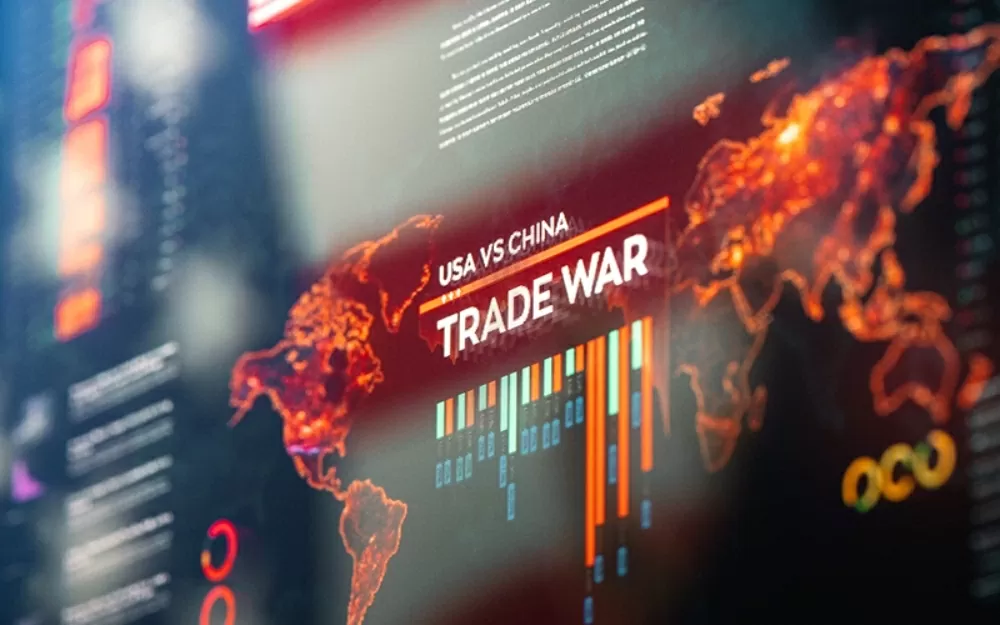 |
| To make a deal with the US leader, China needs to fix the exchange rate to bargain. (Source: Taylor's University) |
In addition, Beijing is also promoting new quality production forces to escape the middle technology trap. Because any economy, especially China, will find it difficult to become a developed country without technological upgrading and innovation. China's technological development has reached an important turning point to promote innovation. However, the current system has not been fully reformed, or the reforms are not deep enough. These reforms are inevitable, otherwise resources and talents will continue to flow to the US.
Regarding the Ukraine conflict, Professor Trinh Vinh Nien commented that if Washington and Moscow reach an agreement, Europe’s response could create new variables in the geopolitical situation. The rise of the right wing in the US could lead to a similar wave in the “old continent”, pushing the world into a period of unpredictable turmoil.
That is a worst-case scenario, however. It is also possible that the US will still consider the interests of the EU and Ukraine in any peace deal. Even if NATO does not get directly involved, Europe could continue to support Kiev, and even discuss deploying troops on its own behalf if the alliance does not. In that context, China should not be left out of the negotiations and could play a more important role in post-conflict reconstruction.
While the White House chief may seek to ease tensions with Moscow in order to focus on countering China, Washington's strategic shift to the Indo-Pacific region will also benefit Russia.
However, the US-Russia relationship is dominated by centuries-old rivalry and historical conflicts, leaving the level of trust between the two sides in question. Even if relations improve, the possibility of a true alliance between the two countries remains slim, as the US will not accept a powerful rival in its bloc.
China's Future and World Order
According to Professor Trinh Vinh Nien, China has potential, resources, abundant human resources, and most of all, the opportunity and ability to shape the world order. The development of AI models like Deepseek shows China's innovation capacity, helping the country of a billion people consolidate its position in the global technology competition.
However, to truly fill the power vacuum left by the US’s shrinking influence, Beijing needs to ensure three core elements: massive financial resources, the ability to persuade other countries, and long-term strategic sustainability. In addition, China needs to learn from the lesson of US hegemony and not interfere in the internal affairs of other countries. He also expressed sympathy for China’s “tribute” system, which allows the country to lead without being overly constrained. This model may be suitable for building rules of the game and assembling forces on the international stage.
“The ‘tribute’ system is flexible, operates on the principle of not disrupting the existing local order, focuses on trade and commerce (similar to the Silk Road) and avoids interfering in the internal affairs of other countries,” Professor Trinh Vinh Nien shared.
In addition, the “Trump shock” could quickly cause major disruptions to the global economy and geopolitics, with a strong impact on international trade. Beijing needs to closely monitor these developments and proactively respond.
With its vast domestic market potential, China should seize the opportunity to reshape the global trading system in its favor. In addition, a financial war against China would create a global ripple effect. Faced with this reality, many countries have begun to promote payments in local currencies, contributing to accelerating the process of "de-dollarization".
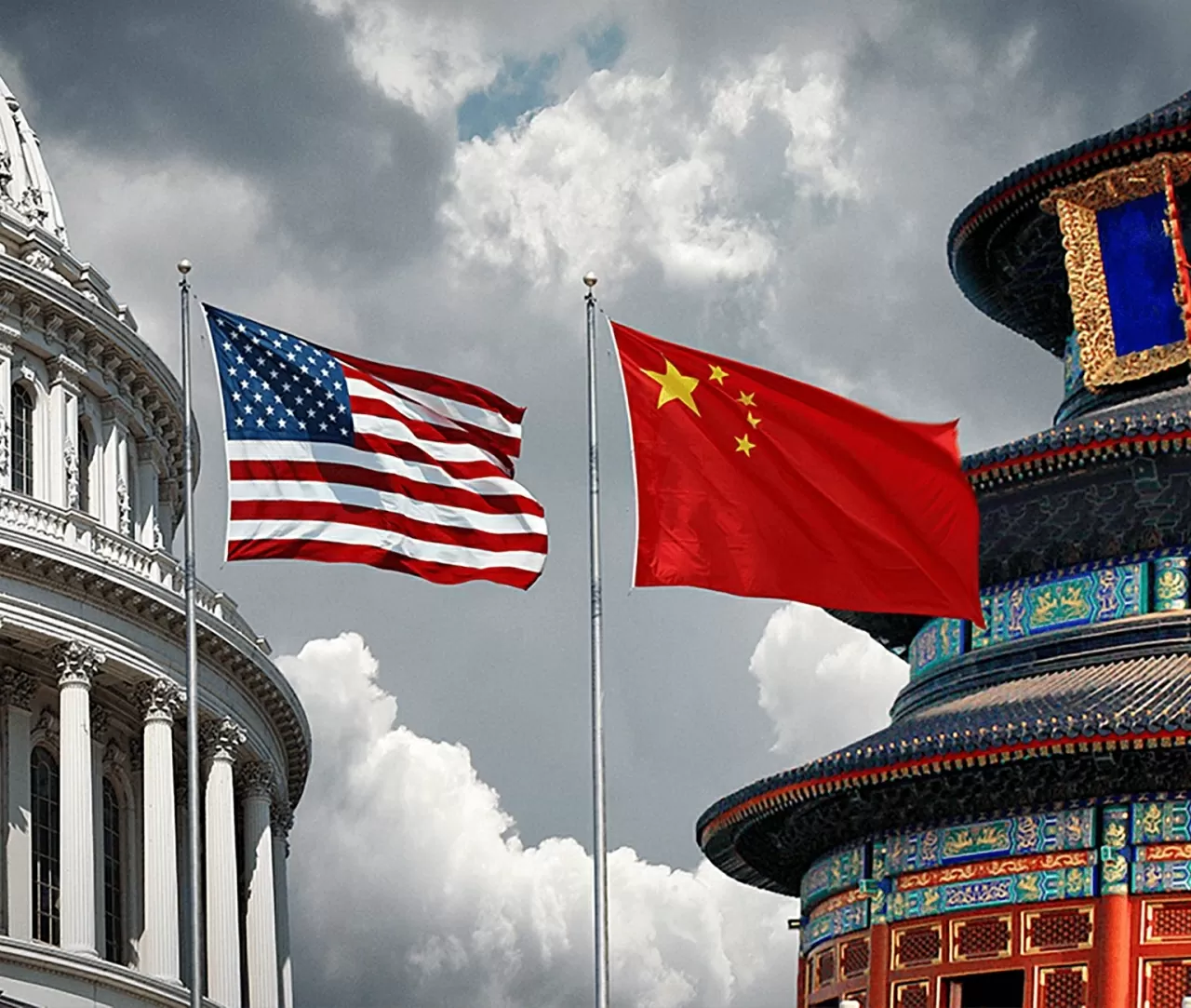 |
| Despite many challenges, it seems that China sees this “Trump shock” as an opportunity to replace its leadership role and reshape its global position. (Source: Taylor's University) |
In the coming years, international power will undergo significant rearrangement and fragmentation under the influence of President Donald Trump. Professor Trinh Vinh Nien emphasized that India is the most ambitious country among developing countries. It aims to replace Russia to form a tripolar China-US-India, while strengthening its role in the Group of 77 and the Southern Hemisphere. When catching up with Beijing, New Delhi will likely face conflicts of interest with the West, similar to what is happening between China and the US.
There is a view that the US will withdraw from the Middle East and Europe to focus on the Indo-Pacific region. However, this assessment is somewhat wrong, because the US strategic interests are still closely linked to Europe and the Middle East. Under President Donald Trump, Washington may pursue a policy of confrontation with China but is unlikely to initiate a direct conflict over the Philippines or any other country in the region.
It can be said that, despite many challenges, China sees this “Trump shock” as an opportunity to replace its leadership role and reshape its global position. From there, it will accelerate the process of reform, modernization, and focus resources to promote its central role in a world order with Chinese characteristics. The success of this strategy will depend on the ability to maintain domestic stability, expand international influence, and flexibly adapt to increasingly unpredictable geopolitical fluctuations.
(*) Professor Zheng Yongnian is one of the leading scholars of Chinese politics. His research focuses mainly on contemporary China, especially its politics, the country's transition, and foreign relations.
Source: https://baoquocte.vn/trung-quoc-va-dau-phap-thai-cuc-quyen-nham-ung-pho-voi-chinh-sach-trump-20-308637.html










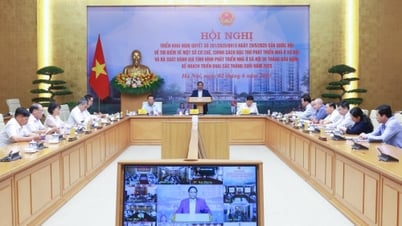
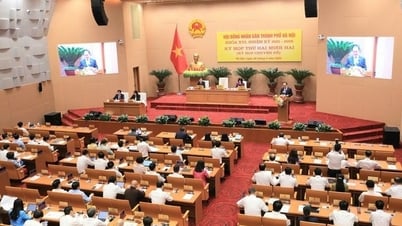
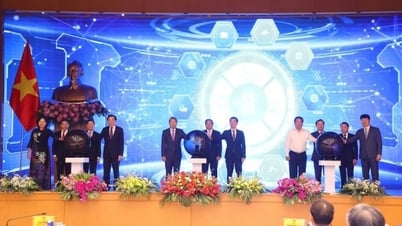
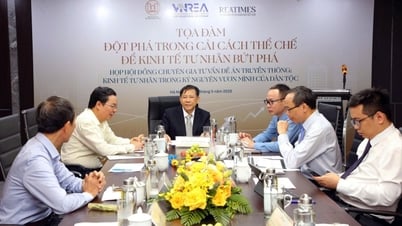
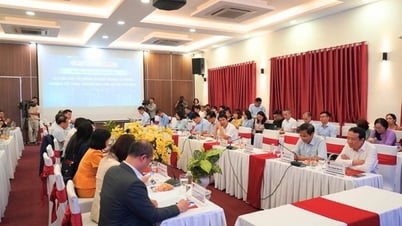




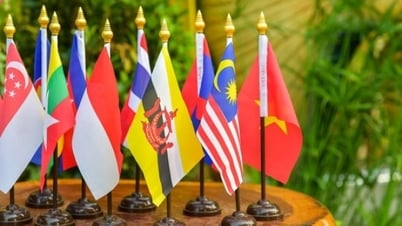

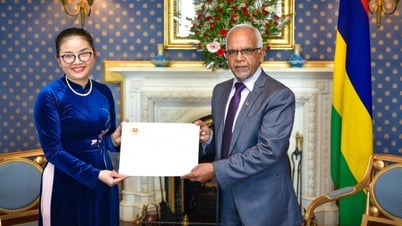
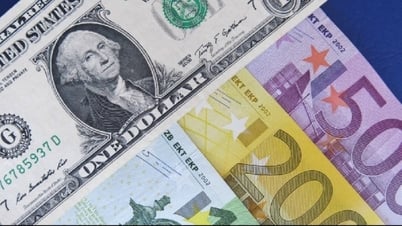
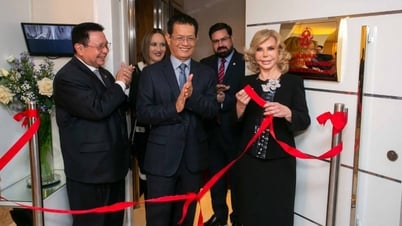
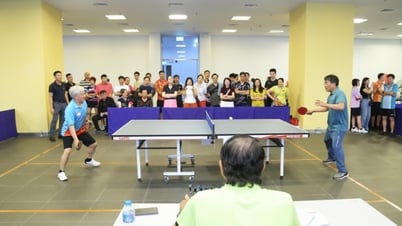



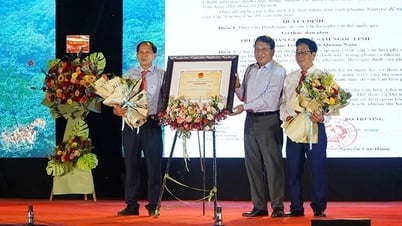

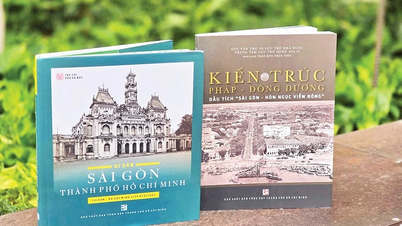















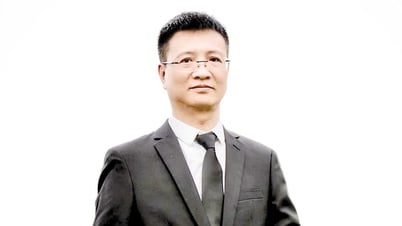




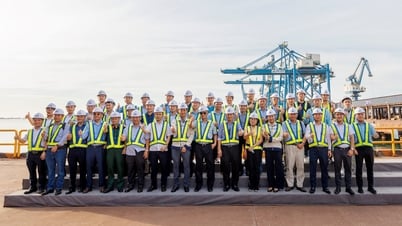




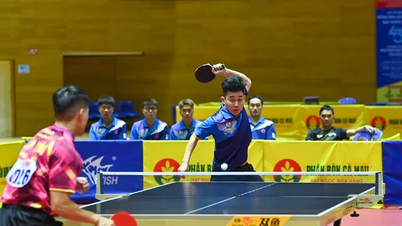
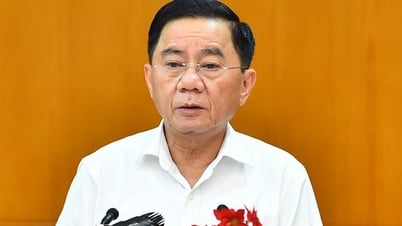

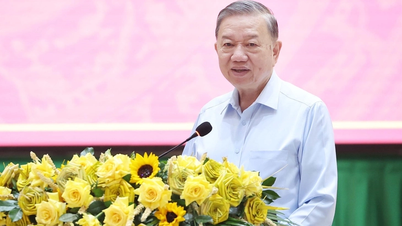
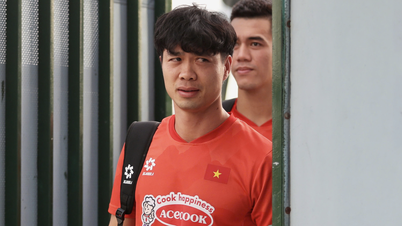







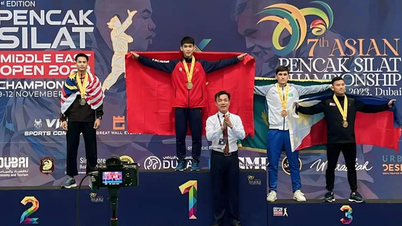














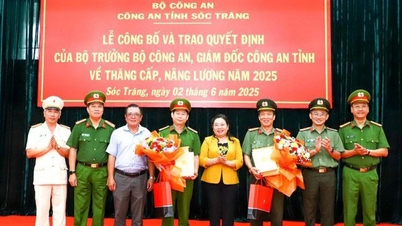











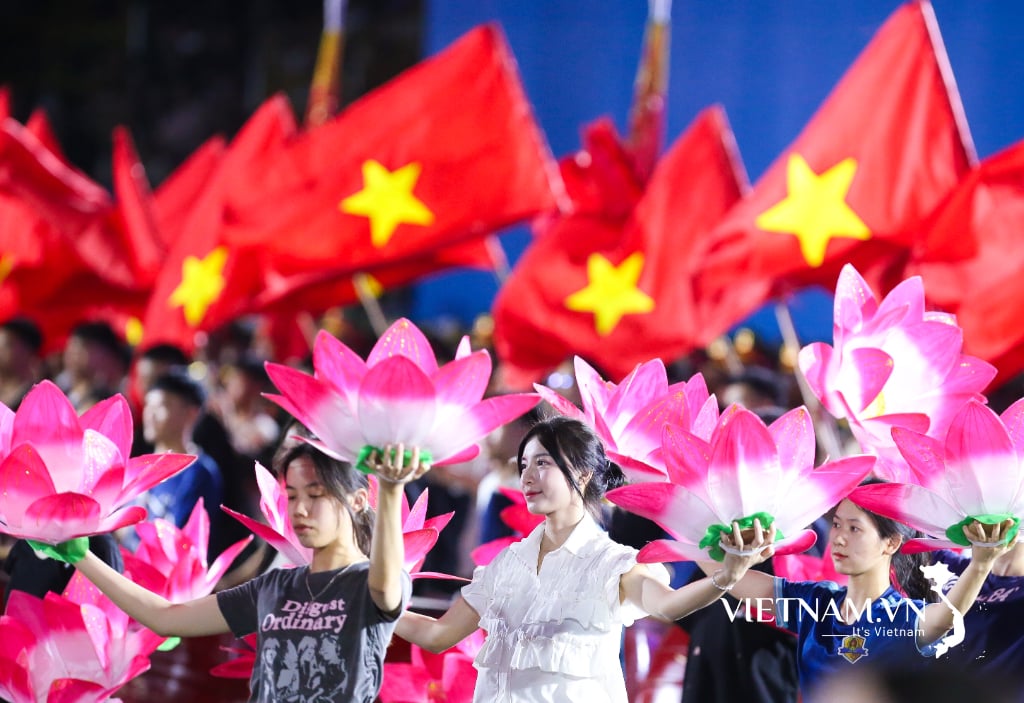


Comment (0)